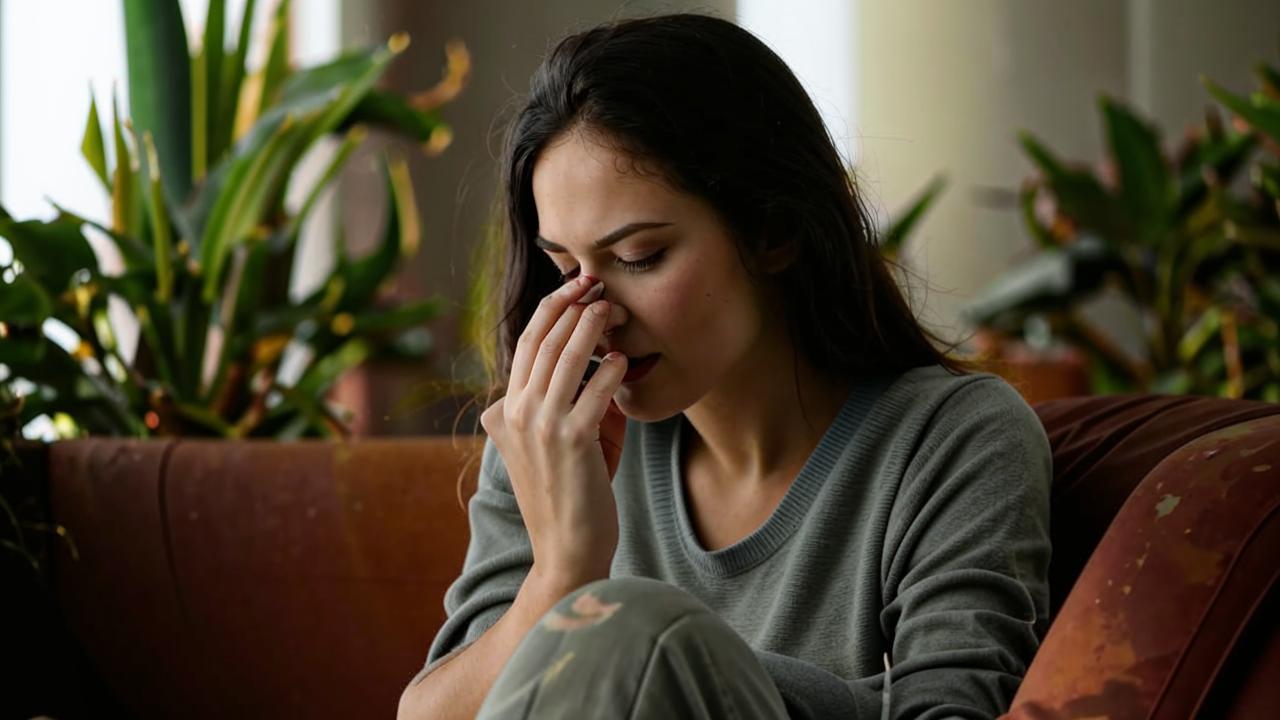
Clinical certified geneticist, nutritionist, expert of UniProf Academy of Physicians
Why do we often get sick in the fall?
With the onset of low temperatures, you can hear more and more often sniffling in the bus, prolonged coughing in the checkout line, talking about what to buy for colds, etc. It seems so simple: it gets cooler and we just get sick because of the change in temperature.
But cold is not the only or even the main reason for the increase in the percentage of people who get sick. When temperatures change, willingly or unwillingly, the body switches to a different metabolism, in the mode of energy conservation, but at the same time and increased stress (due to external factors).
Influenza
Influenza, like the common cold, is an infectious disease caused by a virus. They enter the body through infection. This infection can occur in summer, fall, and winter, although as we can see, it is much more likely to occur during cold periods.

Closed environments
Enclosed environments are great allies of viruses. During the cold season, we tend to spend more hours indoors. When several people get together in a warm environment, the likelihood of spreading viruses and bacteria is much higher.
Viruses are usually transmitted through the bodily fluids of people who are already infected. When a sick person sneezes or coughs, they release tiny respiratory droplets into the air, which is what helps spread the disease.
In the fall, many people return from vacations with baggage from different places:
- new microbiota, especially those who vacationed far from home;
- new bacteria, viruses, not even sick with them.
Circadian rhythms
Many people, changing location in the summer or even just walking and resting more, naturally “cleanse” the body from the slagging of the city, stress, tension. There is time for quality sleep. In the fall, it is not enough that most people drastically change the mode of sleep and wakefulness, so still piles a large psychological load: kindergarten, school, work.
Plus a change of climate, food, water and air temperature. The body is very difficult to adapt to everything at once. And the risk of catching an infection increases.
Humidity and ventilation
In summer, we spend more time outdoors and the air temperature is higher, but so is the humidity. In the fall, as temperatures drop, the air becomes drier. People who live in rooms with poor ventilation and low humidity are more likely to get sick during the colder months.
Dry air often means increased risks of allergies, sneezing and dry mucous membranes. These symptoms make cold and flu viruses more likely to spread because they linger indoors and recirculate.
Temperature change
With the onset of cold weather, we move too abruptly from low outdoor temperatures to overly warm indoor temperatures. The body has to adapt quickly to the new conditions, and this requires more energy expenditure.

As a result, we are more likely to get infected when the temperature drops below +5ºC and the humidity is below 20%.





